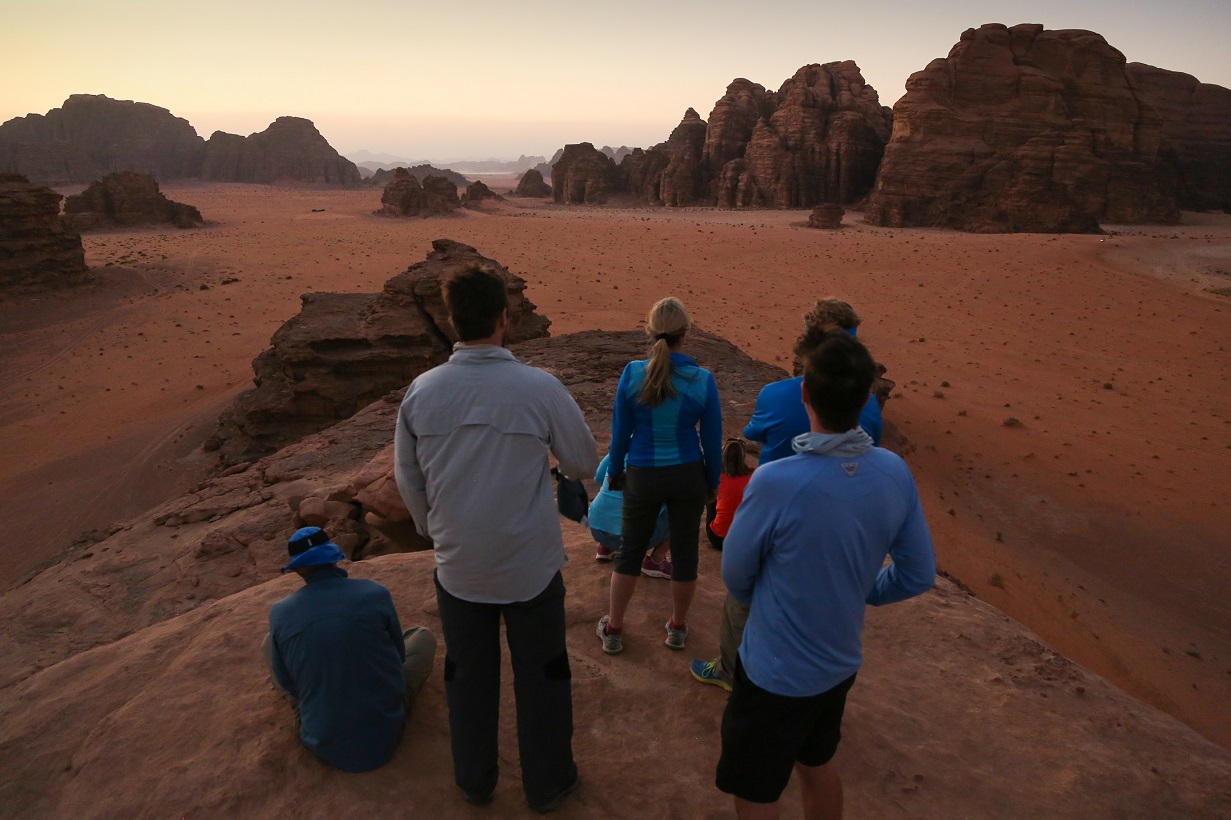Geo Careers

Embarking on a career in the field of geosciences opens up a world of fascinating opportunities, each with its own unique challenges and rewards. The geoscience industry, encompassing geology, geophysics, and geomatics, is pivotal to understanding and managing our planet's resources and environments. From exploring for natural resources to mitigating natural hazards, the expertise of geoscientists is indispensable.
This article delves into the diverse career paths within the geosciences, shedding light on the specific roles, educational requirements, and the impact these professionals have on our world. Whether you're a student considering a geoscience degree or an industry veteran seeking a career change, this guide will provide valuable insights and inspiration.
The World of Geosciences: A Career Overview

The geosciences offer a myriad of career options, each with its distinct focus and skill set. From the ground-breaking research of geologists to the precise measurements of geomatics engineers, every role plays a crucial part in shaping our understanding of the Earth.
Geologists: Unraveling Earth’s Secrets
Geologists are the explorers of the Earth’s history. They study rocks, fossils, and sediments to understand the planet’s past and present. Their work is crucial for identifying natural resources, predicting natural disasters, and managing environmental changes.
Specializations within geology are diverse, ranging from mineralogy (studying minerals and their properties) to paleontology (investigating fossils and ancient life forms). Geologists often work in field settings, collecting samples and conducting surveys, but their impact extends to laboratories and offices where they analyze data and develop strategies.
| Geology Subdisciplines | Description |
|---|---|
| Petrology | Study of rocks and their formation. |
| Stratigraphy | Analysis of rock layers and their chronological order. |
| Sedimentology | Investigation of sediments and sedimentary processes. |

Educationally, geologists typically hold a bachelor's degree in geology or a related field. However, many pursue advanced degrees for specialized roles, with master's and doctoral programs offering in-depth knowledge and research opportunities.
Geophysicists: Unlocking the Earth’s Inner Workings
Geophysicists delve into the Earth’s physical processes, using advanced technology to study its structure and dynamics. They employ techniques like seismic imaging, gravity surveys, and magnetic field measurements to understand the Earth’s interior and surface processes.
The applications of geophysics are vast, from exploring for oil and gas to monitoring volcanic activity and studying climate change. Geophysicists often work closely with other geoscientists to interpret data and make informed predictions.
| Geophysics Specializations | Key Focus |
|---|---|
| Seismology | Earthquakes and seismic waves. |
| Gravity and Magnetic Geophysics | Earth's gravitational and magnetic fields. |
| Geophysical Prospecting | Exploring for natural resources. |
A bachelor's degree in geophysics or a related field is the foundation for many geophysicists. However, for research and academic roles, a master's or doctoral degree is often necessary, offering advanced training in specialized techniques and theories.
Geomatics Professionals: Mapping the World
Geomatics, or geospatial science, involves the collection, analysis, and visualization of geographic data. Geomatics professionals use tools like GIS (Geographic Information Systems) and remote sensing to create maps, analyze spatial patterns, and solve complex spatial problems.
The applications of geomatics are diverse, from urban planning and environmental management to disaster response and natural resource exploration. Geomatics professionals often work with large datasets and cutting-edge technologies to provide critical insights and solutions.
| Geomatics Roles | Description |
|---|---|
| GIS Analyst | Uses GIS software to analyze and visualize geographic data. |
| Remote Sensing Specialist | Interprets data from satellites and other remote sensors. |
| Cartographer | Creates maps and geographic databases. |
A bachelor's degree in geomatics, geography, or a related field is common for entry-level roles. However, many professionals pursue certifications in specific software or techniques to enhance their skills and marketability. Advanced degrees are often sought for research and leadership positions.
The Impact of Geoscience Professionals

Geoscience professionals play a pivotal role in society, impacting our understanding of the Earth and shaping our future. Their work is crucial for sustainable development, resource management, and mitigating the impacts of climate change.
Sustainable Development and Resource Management
Geoscientists are at the forefront of sustainable development, ensuring that natural resources are managed responsibly and renewably. They play a critical role in identifying and extracting resources like minerals, oil, and gas, while also minimizing environmental impacts.
In the context of resource management, geoscientists often collaborate with policymakers and industry leaders to develop strategies for sustainable resource use. Their expertise is vital for ensuring the long-term viability of resources and minimizing environmental degradation.
Mitigating Environmental and Natural Hazards
Geoscientists are key to understanding and mitigating natural hazards like earthquakes, volcanic eruptions, and landslides. Through their research and monitoring, they can predict and prepare for these events, saving lives and minimizing damage.
In addition, geoscientists play a vital role in environmental hazard management, including the monitoring and remediation of pollution, the assessment of climate change impacts, and the development of strategies to adapt to changing environmental conditions.
Driving Innovation and Technology
The geosciences are a driving force behind technological innovation, pushing the boundaries of what’s possible. From developing new methods for resource exploration to creating advanced mapping technologies, geoscientists are at the forefront of scientific and technological advancement.
Moreover, the data and insights provided by geoscientists are integral to many industries, including construction, engineering, and urban planning. Their work informs critical decisions, ensuring the safety and efficiency of projects while minimizing environmental impacts.
Conclusion: A World of Opportunity
The geosciences offer a wealth of career opportunities, each with its unique challenges and rewards. From the field research of geologists to the data analysis of geomatics professionals, every role plays a critical part in understanding and managing our planet.
As we navigate an increasingly complex and changing world, the expertise of geoscientists will be more vital than ever. Their work is crucial for sustainable development, resource management, and mitigating the impacts of natural and environmental hazards. With a strong foundation in science and a passion for the Earth, a career in the geosciences can be both rewarding and impactful.
What are the key skills needed for a career in geosciences?
+Key skills for a career in geosciences include a strong foundation in science, especially in fields like geology, geophysics, and geography. Analytical and problem-solving skills are crucial, as are technical skills in data analysis and GIS. Additionally, field work often requires physical stamina and the ability to work in diverse and sometimes challenging environments.
What are the employment prospects for geoscience graduates?
+Employment prospects for geoscience graduates are generally positive, especially in fields like resource exploration and environmental management. However, competition can be fierce, and staying updated with the latest technologies and methodologies is essential for career advancement.
How do I gain practical experience in the geosciences field?
+Gaining practical experience in the geosciences field can be achieved through internships, fieldwork opportunities, and research projects. Many universities offer field trips and research programs that provide hands-on experience. Additionally, professional associations often provide resources and networking opportunities to help students and graduates find practical experience.



